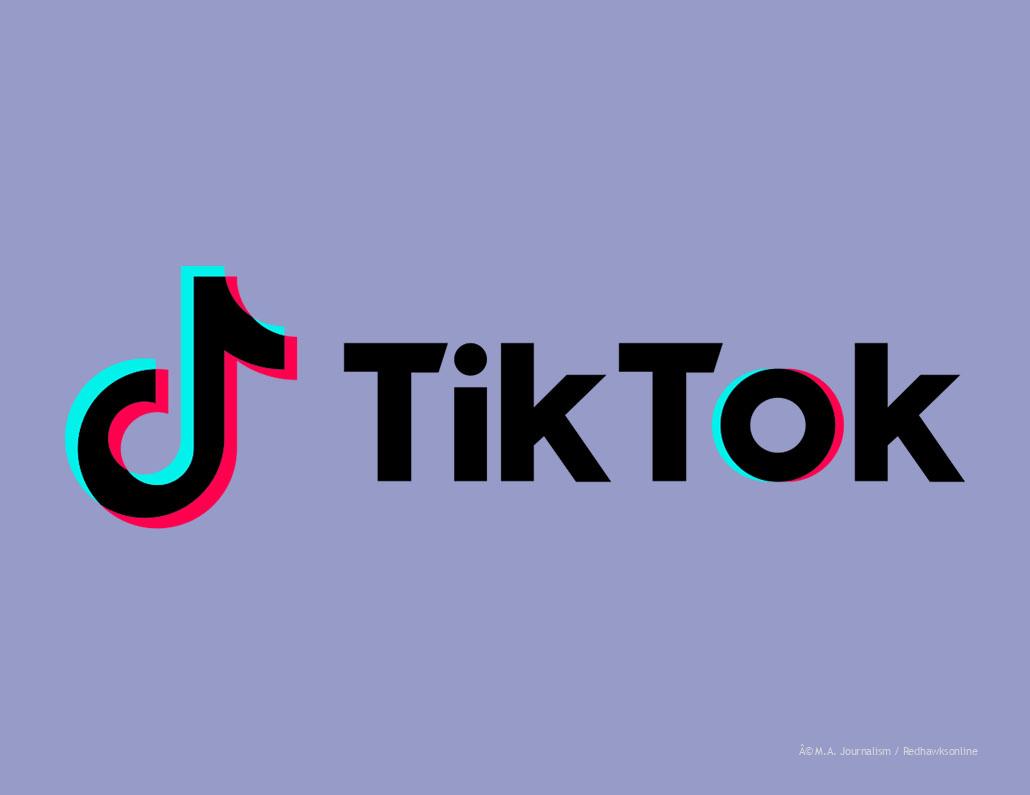The most populous country, about 18% of the world’s population, bans TikTok. The second most populated country makes its citizens use a watered-down version of the app. The country with the biggest economy is poised to ban it as well. India, China and the USA represent almost 40% of the world’s overall population.
Why would the U.S. decide to threaten a ban on one of the most popular forms of social media?
There are several reasons why the U.S. government recently passed legislation that would ban TikTok unless its owner, ByteDance, a Chinese-based company, sells the social-media platform to a U.S. government-approved company.
The most general concern is that TikTok is considered a threat to national security, because it is assumed that ByteDance has close connections with the Chinese government.
“That means that any of the data that [ByteDance] is getting is probably going to the Chinese government,” Kayleen Berg, who teaches economics and government, “and we don’t know what the Chinese government is doing with it.”
At least 16 countries have some type of ban, ranging from banning it only on government devices to all-encompassing blocks like the ones in India. The reasoning behind the bans is all largely the same, with most countries saying they can’t trust China with all the data. TikTok said it has never been asked to provide U.S. user data to the Chinese government and wouldn’t anyway. But that’s only a small piece of the puzzle. Even if China isn’t harvesting data from U.S. citizens, they can push fake news to the public through TikTok.
With the rise of deep fakes and fake news, theoretically China could push fake videos to the top of For-You pages, force-feeding information that could influence voters’ decisions.
In 2023, a Pew Research Center poll found that one-third of Americans under 30 regularly get their news from TikTok.
With the 2024 elections coming up, the TikTok ban was rushed through Congress by including it in a bill that also provided military aid to Ukraine and Israel.
“Especially this election, [the US government is] concerned about Chinese interference,” said Berg.
The two most likely candidates for the 2024 election, Joe Biden and Donald Trump, have opposite views on the subject.
In May 2019, former president Trump said he did view TikTok as a security threat, “and we have to very much go into privacy and make sure that we are protecting the American people’s privacy and data rights.”
In 2024, Trump said that he wants younger voters to know that “Crooked Joe Biden is responsible for banning TikTok.”
Trump, however, was the first to try to ban TikTok while in office during his first term and has now reversed his stance.
On April 24, President Biden signed the TikTok ban bill into law, starting the nine month countdown to the actual ban.
The bill said that ByteDance has nine months to sell, with a possibility of a three-month extension. Two factors complicate a sale: very few buyers can afford to pay what TikTok is worth, and China has said it will not allow TikTok to give away its secret algorithms.
Without the algorithms, TikTok isn’t TikTok. (China also doesn’t allow its own citizens to use the version of TikTok available to U.S. users.)
So if ByteDance doesn’t sell, what then? In a couple months no one could download or update TikTok, but it will still be usable if installed on a device.
Experts say that people who already have the app could continue to use it for up to a year before the absence of updates slowly deteriorates the platform.
The United States has historically argued against internet censorship, and the choice to ban TikTok will undermine the current stance. TikTok has declared that it will sue the US government on the basis of violating users’ first amendment rights.
The ban will surely be a hot topic for several months, with the sale clock ticking and now a court case to worry about. But no matter what, it will definitely change the lives of millions of Americans.

